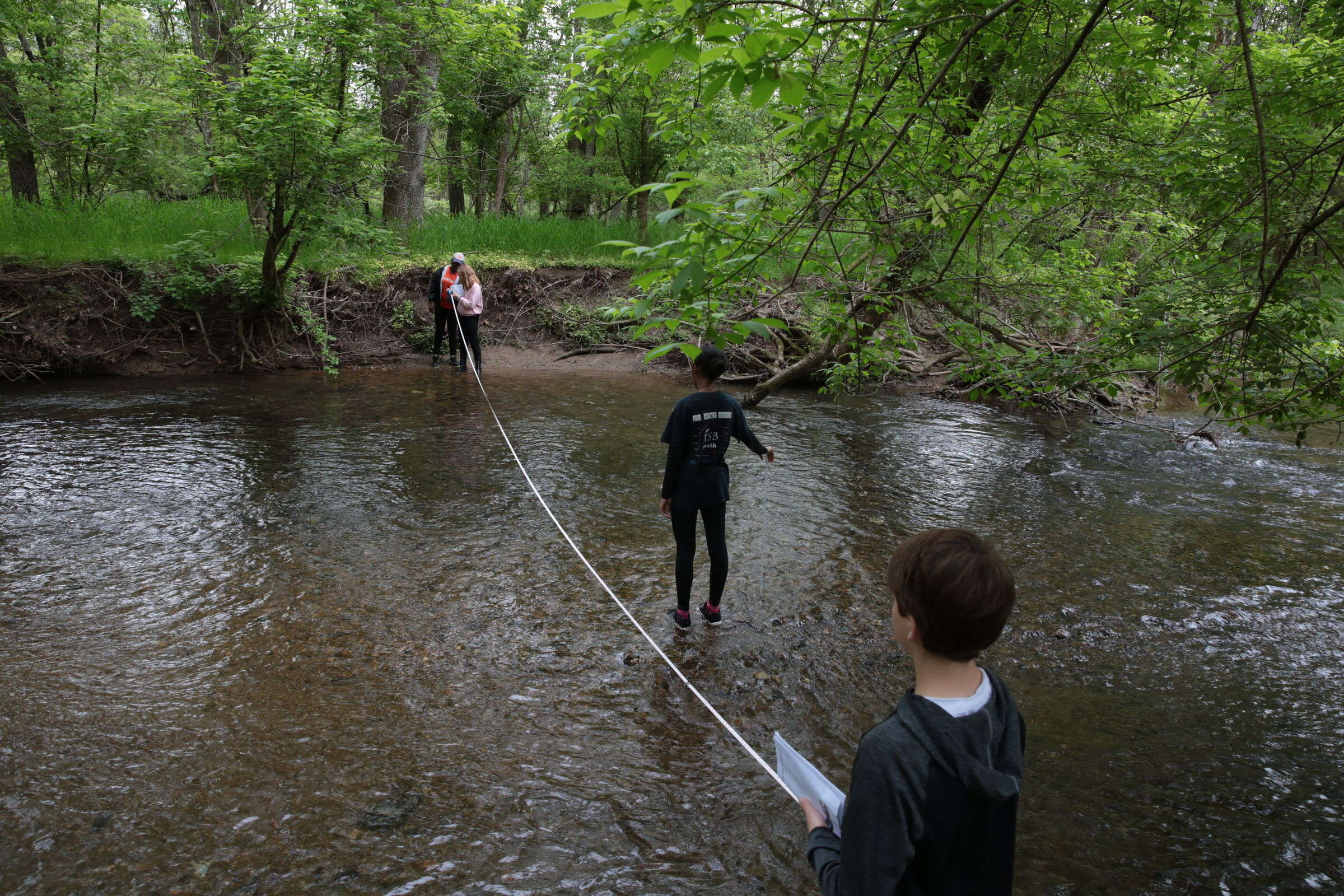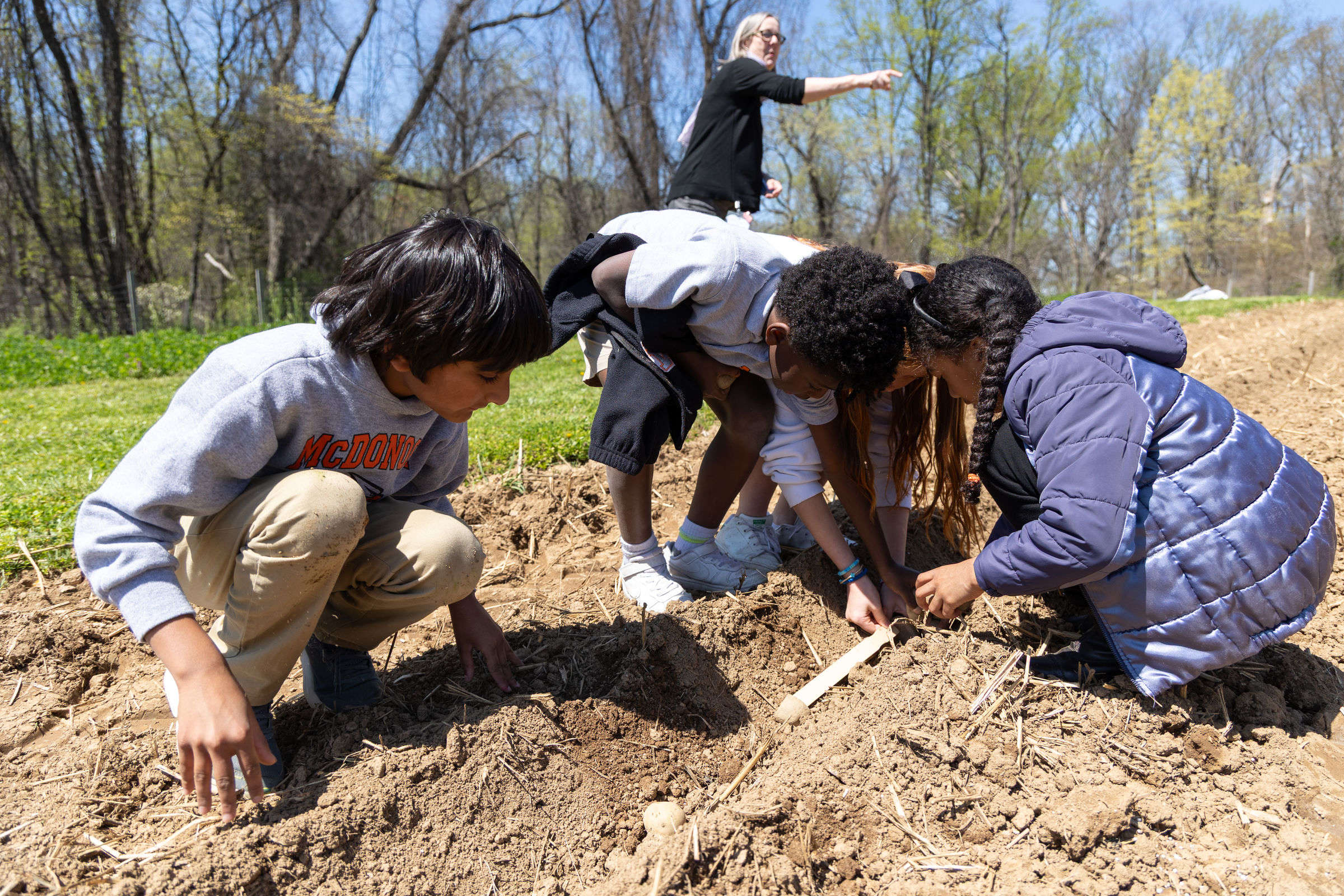We integrate K-12 coursework in environmental sciences, utilizing our diverse campus ecosystems as living laboratories, classroom settings, and areas for exploration.

Parents of current McDonogh students may sign up for website accounts. Signing up for an account allows a parent to access the online directory, DASH, and your customized parent Personal Page.
Alumni can create an account in order to take advantage of McDonogh Connect or Pledgemail.
Building on McDonogh’s legacy as a farm school, 800-Acre Labs expands the School's reach into environmental and agricultural sciences. This program of distinction offers students in prekindergarten through twelfth grade transformative learning experiences that foster deep connections with the natural world. With access to our campus's abundant natural resources—including fields, streams, woods, ponds, and watersheds—students of all ages have countless opportunities to explore diverse ecosystems, investigate natural and agricultural systems, and deepen their understanding of environmental science.
This innovative initiative is made possible through the generous support of the Frohring Foundation Environmental Sustainability Endowment.
We integrate K-12 coursework in environmental sciences, utilizing our diverse campus ecosystems as living laboratories, classroom settings, and areas for exploration.
Student-driven research initiatives take place across our woods, fields, ponds, and streams, contributing to the scientific understanding of our natural world.
Students engage in a comprehensive investigation of our campus water systems (e.g., streams, ponds, wetlands) and examine the impact that our land use has on the aquatic ecology and water quality of these systems.
Students actively participate in habitat restoration as well as long-term ecological, community, and population monitoring programs across systems and species of interest.
Students engage in hands-on learning at our 10-acre working farm, which features sustainable agriculture practices, livestock management, and farm-to-table programs.
Students gain practical experience with the science of organic farming, regenerative agriculture, and soil health management.
Environmental literacy is developed through an understanding of ecological principles, environmental challenges, and sustainable solutions.
Agricultural competency if gained through practical skills in sustainable farming, soil management, and food production systems.
Understanding of scientific methodology is achieved through proficiency in field research, data collection, analysis, and scientific communication.
Understanding of systems is developed through the ability to analyze complex environmental interactions and interconnected systems.
Innovation, problem-solving, advocacy, and community engagement are inspired through creative approaches to environmental challenges that apply scientific principles and lead to meaningful change and the mobilization of community members.

